
Farming is Ashebir Haile's primary livelihood and the skill he has honed over the years. As the sole breadwinner for his family of four, the 45-year-old has tried his hand at cultivating various crops before ultimately settling on coffee in the SouthWest Regional State.
Unfortunately, Ashebir's efforts have been met with struggle this year. Despite his hard work and dedication, he has faced a steep decline in profits. Price offers from suppliers have plummeted by half to 30 Br a kilo, making it increasingly difficult for Ashebir to cover his daily expenses.
"My whole family depends on this harvest," Ashebir told Fortune.
His frustration is compounded by his inability to directly connect with buyers and the struggle to attract sufficient offers for the 28,000qtl of coffee produced on his four-hectare plot. But it does not seem to be only a growers' issue anymore.
Ethiopia's coffee exports are facing a crisis due to a combination of international and domestic factors, posing a threat to the country's primary commodity. The ongoing shipping crisis in the Red Sea coupled with diminishing global demand, regulatory scrutiny over vertical integration practices, and impending strict requirements for imported agricultural commodities under the European Union's Deforestation Regulation (EUDR), are all contributing to disruptions in the supply chain.
Last week, stakeholders from various sectors of the Ethiopian coffee supply chain convened at the Elily Hotel on Guinea Conakry Street to address the mounting challenges facing the industry. Gizat Worqu, general manager of the Ethiopian Coffee Association, painted a grim picture highlighting the declining demands.
Over the past two years, key importing countries such as Germany, Japan, Belgium, and the U.S., which collectively represent 60pc of the coffee export volume have reduced their demand by more than half. Germany's demand decreased by a staggering 36,000tns last year, while Japan's demand plummeted by 17,400tns. Japanese buyers specifically cited inflated prices, declining quality, and logistical delays as primary concerns.
"Coffee is facing a crisis," Gizat told Fortune.
The decline in demand has left many exporters grappling with excess coffee inventory as they struggle to compete in international markets amidst inflated domestic purchasing prices and increased production from countries like Brazil.
"There's a significant disparity between local minimum prices and international buying offers," Gizat said.
Price misalignment is recognised as a significant impediment for exporters.
Founder of Moye Coffee and board member of the Association Ahadou Wubshet stressed the importance of establishing a responsive supply chain. He said adapting to the fluctuating international coffee prices is vital for competition.
Total coffee exports last year saw a decline of 100 million dollars to 240,000tns, amounting to nearly 1.3 billion dollars. Ethiopia's ambitious plan to export nearly 1.7 billion dollars worth of coffee this year has faced significant setbacks in recent months due to the Red Sea crisis. As a result, over 3,000tns of coffee remain stranded in Djibouti ports, further exacerbating the issue.
The next three months are critical for the coffee industry as the peak season of exports needs a functional logistics corridor. One of the largest coffee exporters, Israel Degefa, CEO of the Kerchanshe Group, highlighted a growing reluctance among buyers to purchase Ethiopian coffee due to concerns about delayed shipments.
"They are shifting to other markets," he said.
Israel has been representing the Association in a new technical committee formed between the Ethiopian Maritime Authority, the Ministry of Transport & Logistics, and the Ethiopian Coffee & Tea Authority, aimed at addressing the issue. He anticipates ongoing discussions with Kenyan port officials and global ocean carriers could provide some relief for coffee shipments.
However, it is not without its challenges.
"Costs will significantly increase," he said.
Another set of concerns for the coffee industry raised at the meeting was the impact of the European Union's Deforestation Regulation (EUDR). It aligns with reaching goals for carbon neutrality by 2050, which requires a 55pc reduction in emissions over the next five years.
Elodi Ritzenthaler, a representative of the EU delegation, underscored their commitment to addressing biodiversity loss and greenhouse gas emissions through strict requirements for imported commodities, including coffee.
Under the EUDR, companies importing agricultural commodities into the European market are subject to stringent due diligence requirements. This includes geolocation requirements for products entering the market to ensure they are not linked to deforestation occurring after December 31, 2020. She said companies must conform to labour and human rights laws, including respecting the rights of indigenous communities.
"Compliance is the only way," she said.
Elodi warned that non-compliance could result in penalties of up to four percent of the importing companies' annual turnover, along with temporary suspension from exporting to European-based countries.
Ethiopia exports nearly 30pc of its coffee beans to buyers in Europe, which represents almost half of the global coffee consumption. Losing access to these buyers due to non-compliance with the EU's regulations would have severe consequences.
With the majority of coffee farms owned by small-holder farmers with small and scattered land holdings, achieving accurate mapping to meet the EU's stringent standards is a formidable task within the designated timeframe.
Desalegn Jena, president of the Association, underscored the urgency of addressing the issue while safeguarding Ethiopia's position in the global coffee market.
"These are buyers we can't afford to lose," he said.
With less than a year remaining for compliance, the Ethiopian Coffee & Tea Authority, led by Director General Adugna Debela (PhD), has spearheaded a national action plan estimated to cost 2.2 billion Br, aimed at meeting the standards. Adugna revealed that a request for a time extension of up to three years was submitted a month ago to provide sufficient time for implementing the action plan.
"We need more time," he said.
In the past four years, there has been a marked shift away from reliance on the Ethiopian Commodity Exchange (ECX), which previously facilitated 87pc of exports, following the passage of a directive establishing the legal framework for vertical integration.
The Authority has reinvigorated the vertical integration scheme, where exporters purchase directly from suppliers. Adugna believes that the shift towards vertical integration has contributed to a rise in cultivated land from 756,000hct to 1.1 million hectares over the past four years.
Although this approach accounted for 90pc of the 1.3 billion dollar exports last year, there are still several oversight gaps in its implementation.
"Exporters were exploiting suppliers," Adugna said.
A letter was sent from the Authority few weeks ago, requiring upfront payments to suppliers and mandating exporters to submit receipts. However, the rise in disputes over contract breaches created tension.
The pros and cons of vertical integration are dissected in the words of Daniel Hailu, a major shareholder in Dani Export Plc. He has observed while the approach has simplified the process of tracing the source of coffee, suppliers often inflate prices, resulting in higher costs for exporters.
Access to credit is another fiasco troubling the coffee exporters. As a result of decreased international demand and high inventory levels, many defaulted on loans last year which in turn impended this year's access.
The President of one of the leading commercial banks disclosed that a significant portion of non-performing loans last year resulted from exporters failing to repay their loans.
"We have imposed limits on pre-shipment loans," he said.
He said collateral requirements are important particularly as banks wrestle with the 14pc credit cap imposed by the central bank. Despite attempts by the Coffee Authority to engage with regulators at the central bank two months ago, on behalf of the sector, little progress has been made.
"This reflects the effects of tight monetary policy," he said, "not just within the coffee sector."
Weak implementation of existing laws and a lack of strategic planning are attributed as the root of issues for the coffee sector. The importance of prioritising quality and diversification amidst declining demand to enhance bargaining power is underscored by Abayneh Amare (PhD), a researcher from Jimma University. He believes a collaborative effort between the government and coffee associations to mobilise the necessary financing, as banks may not be able to provide the sector with adequate credit in the near term.
"Funding is of utmost importance at this juncture," he said.
PUBLISHED ON
Mar 16,2024 [ VOL
24 , NO
1246]

Radar | May 20,2023

Fortune News | Mar 09,2019
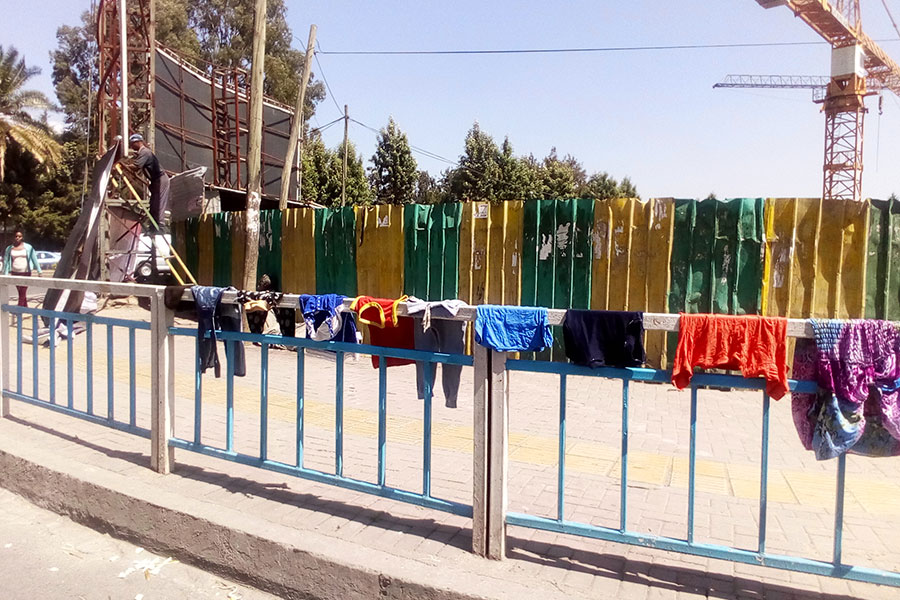
Radar | Mar 23,2019
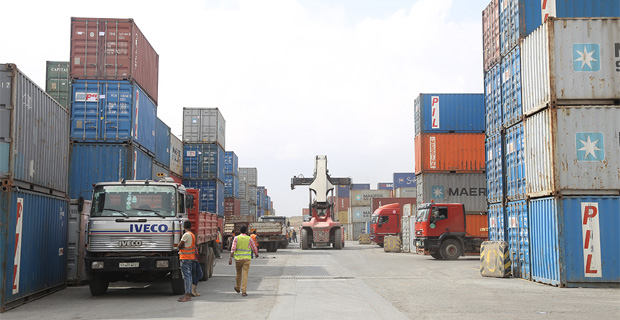
Fortune News | Feb 29,2020
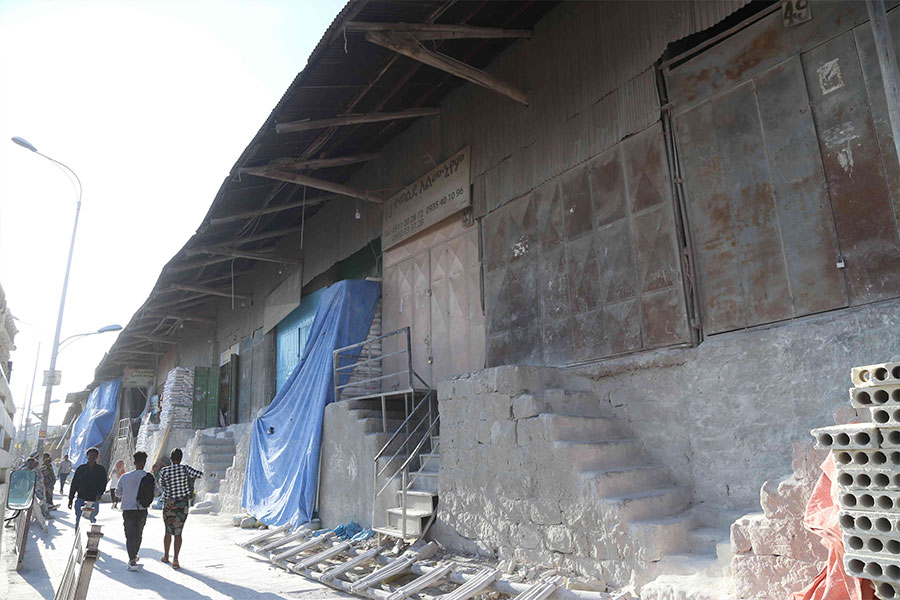
Fortune News | Oct 22,2022
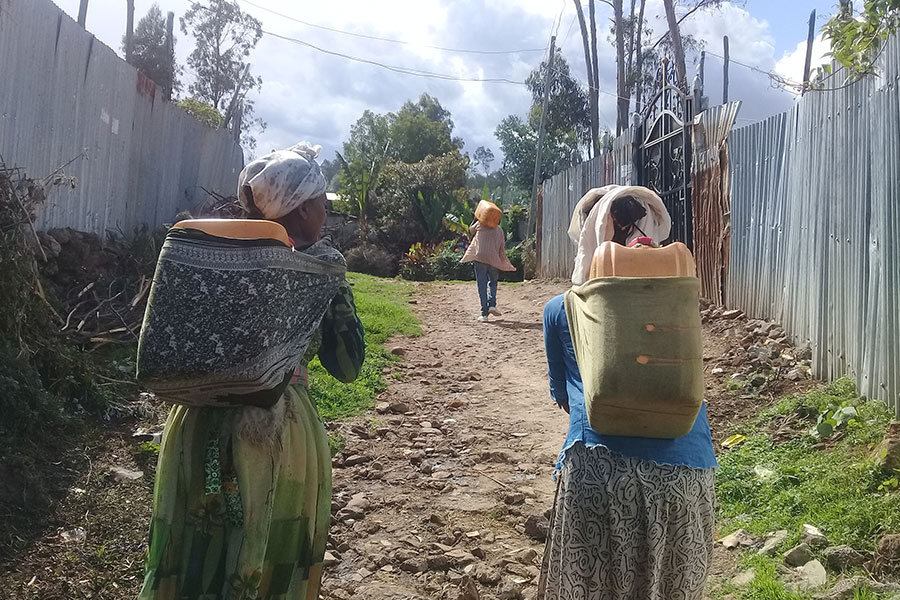
Radar | Apr 15,2023

Fortune News | Jul 03,2024
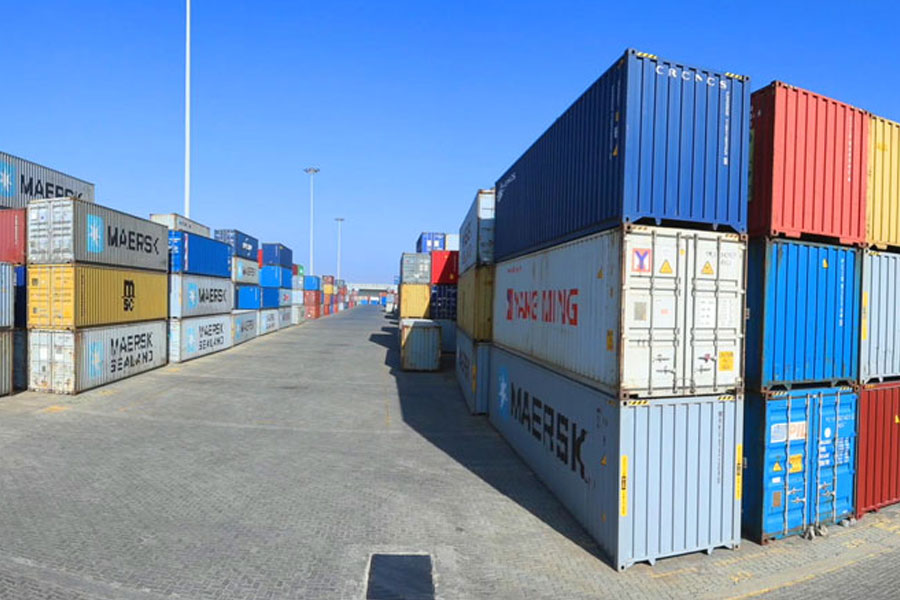
Fortune News | Mar 19,2022
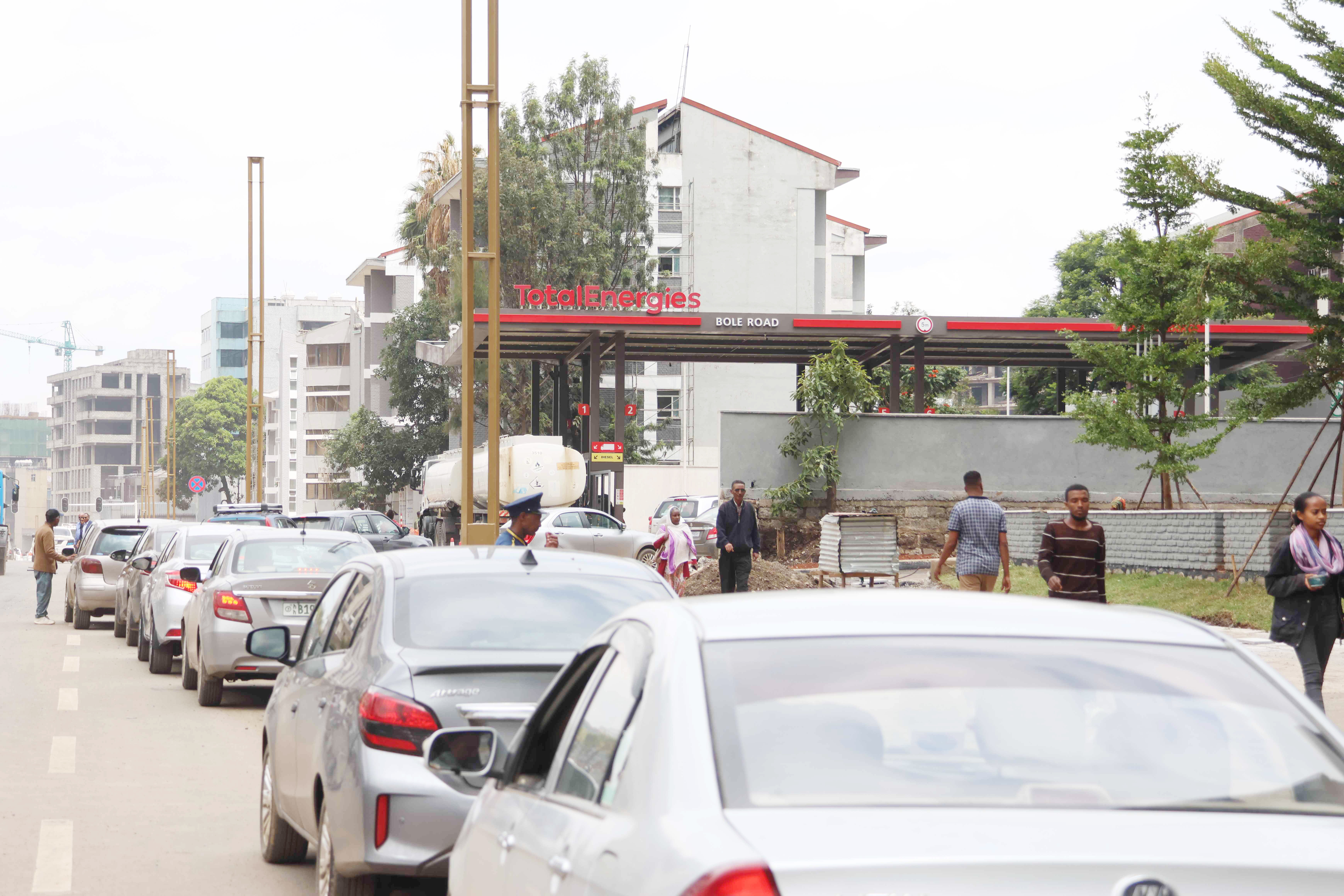
Fortune News | Jun 29,2024

Fortune News | Nov 23,2019

Dec 22 , 2024 . By TIZITA SHEWAFERAW
Charged with transforming colossal state-owned enterprises into modern and competitiv...

Aug 18 , 2024 . By AKSAH ITALO
Although predictable Yonas Zerihun's job in the ride-hailing service is not immune to...

Jul 28 , 2024 . By TIZITA SHEWAFERAW
Unhabitual, perhaps too many, Samuel Gebreyohannes, 38, used to occasionally enjoy a couple of beers at breakfast. However, he recently swit...

Jul 13 , 2024 . By AKSAH ITALO
Investors who rely on tractors, trucks, and field vehicles for commuting, transporting commodities, and f...

Jun 28 , 2025
Meseret Damtie, the assertive auditor general, has never been shy about naming names...

Jun 21 , 2025
A well-worn adage says, “Budget is not destiny, but it is direction.” Examining t...

Jun 14 , 2025
Yet again, the Horn of Africa is bracing for trouble. A region already frayed by wars...

Jun 7 , 2025
Few promises shine brighter in Addis Abeba than the pledge of a roof for every family...